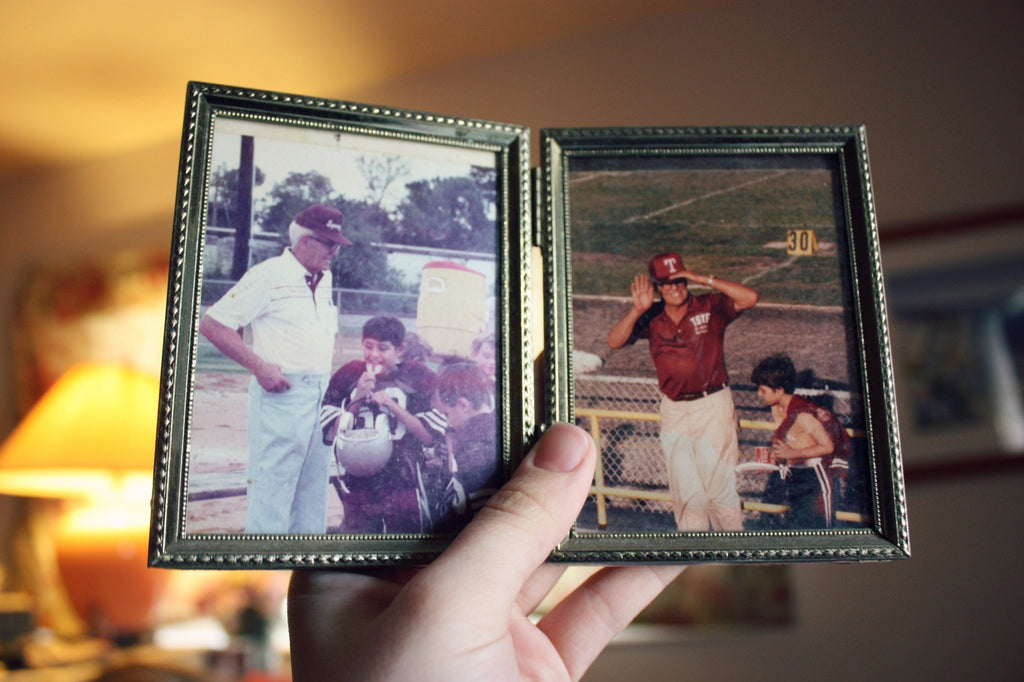Your morning cup of coffee and a read through the newspaper or your late evening dog walk, daily routines are more than just a series of actions. They are regular activities that act as emotional anchors in our lives. We all have them. They provide a sense of control and comfort in our hectic world. However, if you or your loved one is suffering from memory loss, the daily activities that comprise your routine can often fall by the way and with them a sense of reassurance and regularity. But there are steps you can take to restore a daily routine. It may not resemble your former everyday schedule. Nevertheless, it will restore a feeling of normality despite the changing elements in the surrounding environment.
Benefits of a Daily Routine for a Dementia Sufferer
Establishing a daily routine is not only important to a person suffering from memory loss but additionally for their caregiver. A planned day allows a person the chance to participate in meaningful activities. It also means they and their caregivers will spend less time trying to figure out what to do and more time doing it. People suffering from memory loss thrive on familiarity. Recognizable people, activities and even food can act as benchmarks in a sufferer’s life. This comforting sense of familiarity is critical because as a person begins to lose increasing amount of their memory, it prevents them from planning, initiating and completing any activity. A routine helps a person dealing with memory loss from getting distracted and forces them to stay focused. Even if there is no awareness or understanding of time, a routine can help a sufferer concentrate on the present.
Types of Routines for Individuals with Dementia
It might sound simple enough to establish a routine. But for someone suffering from progressive memory loss, they may not be able to do today what they could yesterday. Planning activities for a person with dementia is most effective when their caregivers explore, experiment, and adjust the routine on a regular basis. Before making a plan, consider the following elements. What are the person’s likes, dislikes, interests, strengths and abilities? Prior to their diagnosis how did the sufferer structure their day? What times of the day does the person function, the best? How long does it take them to shower, get dressed and perform other personal hygiene activities? What time do they rise in the morning and fall asleep at night?
Remember, routines are the activities that happen on a daily basis, from using the washroom, to taking medication or reading the newspaper. Routines must also outline the order of the activities to be performed each day as well. The task of getting up in the morning might include putting on slippers, making coffee and letting the dog out. Additionally, a routine must also account for bi-monthly or weekly activities. Perhaps the sufferer sees their grandchildren every Friday? Or they get their hair done on Tuesday? There must be some consideration in their schedule to allow for these types of activities.
Remaining firm but flexible
Once a daily procedure is established it’s important to try and follow it as closely as possible. However, that routine must be flexible to account for illnesses, doctors’ appointments or unannounced visits from friends or family. In those instances the caregiver must be cognizant if the sufferer’s anxiety levels are raised or they seem flustered by the disruption in the routine.
It’s also important to consider that routines may need to be simplified as the memory loss progresses. As an example, if the person always washes the dishes after dinner there may come a time where the quantity of dishes they wash be reduced. It has become too tiring for them. In this example the routine remains the same, yet it has been adjusted in consideration of the person’s capabilities and level of comfort.
Let’s face it, we all love routines. From a daily jog to an evening cup of tea, a series of regular activities and the order in which they are carried out can provide enormous comfort. For someone suffering from memory loss whether it is due to age, dementia or Alzheimer’s, the prospect of that routine changing or even disappearing altogether can be unbearable. Before that happens, it’s important for either the sufferer or their caregiver’s to re-examine that routine; to make sure it does stay in place. Yes, there are elements of it that may change or be omitted. But most importantly, a person’s routine must continue to offer some sense of comfort and control, in an environment where that is changing.
American Lifetime understands the importance of a routine. That’s why we offer our state-of-the-art Day Clock. It is designed to help those experiencing the challenges of memory loss to continue with their daily routines with independence and ease.
 Fast, Free Shipping On All Orders
Fast, Free Shipping On All Orders 
